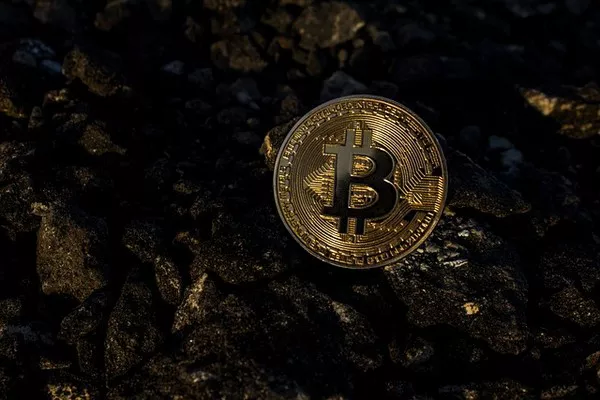Gold futures have experienced a notable decline following six consecutive days of gains that pushed prices to unprecedented levels. This pullback comes despite a weakening U.S. dollar and fresh inflation data indicating continued contraction, suggesting that profit-taking is the primary driver behind the recent price movement.
As of 5:30 PM EDT, the most actively traded December gold futures contract settled at $2,680.80, marking a decline of $14.30, or 0.53%. However, despite this daily dip, gold managed to post a solid weekly gain of $33.70, or 1.27%. In contrast, the dollar index fell to 100.489, reflecting a daily decrease of 0.12% and a weekly decline of 0.31%.
Inflation Data and Its Impact
The recent release of the U.S. Commerce Department’s August Personal Consumption Expenditures (PCE) Index provided critical insights into inflation trends. The headline PCE rose at an annualized rate of 2.2% last month, a decrease from July’s 2.5% and below the 2.3% consensus estimate reported by MarketWatch. However, the core PCE, which excludes the volatile food and energy sectors and serves as the Federal Reserve’s preferred inflation gauge, increased to 2.7% annually from 2.6% in July, aligning with expectations.
This PCE report supports the Federal Reserve’s recent decision to cut interest rates by 50 basis points and enhances confidence in the central bank’s ongoing efforts to normalize rates, which currently stand between 4.75% and 5%. The CME’s FedWatch tool indicates a 45.9% probability of a 25-basis point rate cut at the Fed‘s next meeting, with a higher 54.1% likelihood of another 50-basis point reduction in November.
Favorable Environment for Gold Prices
The recent rate cut, coupled with expectations for further global reductions, creates a favorable backdrop for gold prices. Lower interest rates reduce the opportunity cost of holding non-interest-bearing assets like gold, potentially leading to increased demand.
While today’s price decline is largely attributed to traders capitalizing on gold’s recent near-parabolic rise, the broader economic landscape continues to suggest strong support for the precious metal. The combination of a weakening dollar, moderating inflation, and dovish central bank policies worldwide underpins a positive long-term outlook for gold.
As market participants assess these trends, gold remains a key asset in portfolios seeking to hedge against economic uncertainty and inflationary pressures.
You Might Be Interested In
- Gold vs Gold Bullion: What’s the Difference?
- Is Gold Going To Increase In Value
- What Is a Brick of Gold Worth? (Revealed!)


